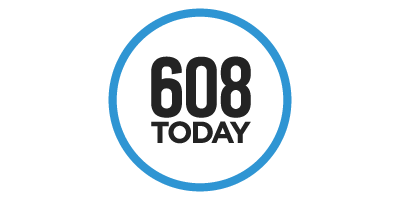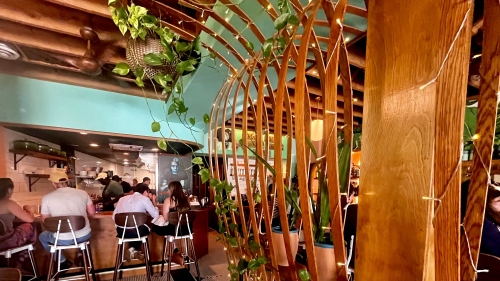The National Institutes of Health All of Us Research Program hit a major milestone when the first set of DNA information — contributed by nearly half a million participants — was provided to scientists in the All of Us Researcher Workbench.
And did you know that 80% of AoU participants come from groups that have been historically left out of medical research? The All of Us Research dataset is one of the largest and most diverse of its kind.
Genetic data can be paired with:
- Medical records
- Survey data
- Fitbit information
- Other data
…to help researchers more fully understand a wide variety of health conditions.
The program’s data will enable researchers to address unanswered questions about health + disease, leading to new breakthroughs and advancing discoveries to reduce persistent health disparities.
Dorothy Farrar-Edwards, PhD, co-principal investigator for the All of Us Research UW, said until now, important medical research often draws from a limited pool of participants and overlooks many others — especially people of different racial + ethnic backgrounds.
The lack of diversity in research has curtailed scientific discovery. The diversity of All of Us participants is expected to shift the landscape of genomics research (read: a huge deal for future medical breakthroughs).
The All of Us Researcher Workbench
The Workbench is the centerpiece of the All of Us hub — the online destination where users can explore data — and includes:
- Physical measurements
- Surveys
- Electronic health records (EHRs)
- Genomic data
By the numbers
As of June 2022, more than:
- 400,000 participants have contributed their biosamples to the Workbench
- 100,000+ participants have received genetic ancestry and trait results from the program
- 3,500 researchers have gained access
- 1,500 research projects have been launched
- 425 institutions have signed on to the Data Use and Registration Agreement
Currently, 18 University of Wisconsin + four Medical College of Wisconsin researchers have active projects on the Workbench.
Beyond making genomic data available for research, All of Us participants will have the opportunity to receive personal DNA results at no personal cost.
How does the program work?
Those interested can enroll online, and health insurance isn’t necessary. Participants agree to share electronic health records and/or respond to some health surveys.
Others may be asked to visit a partner center to have measurements taken + to provide blood and urine samples. DNA results that include some genetic traits and other health-related information may be provided to those who enroll.
How will the health data be used?
The goal is to help researchers across the globe study any number of different health issues, instead of a single condition. Researchers can register with the program to access collected information.
Is there a cost to use the All of Us genomic data?
There is no cost for researchers to register with the All of Us Research Program and to begin working within the dataset. However, researchers will incur costs for computation and data storage.
Poll
Would you be willing to participate in DNA research? Let us know here. *












